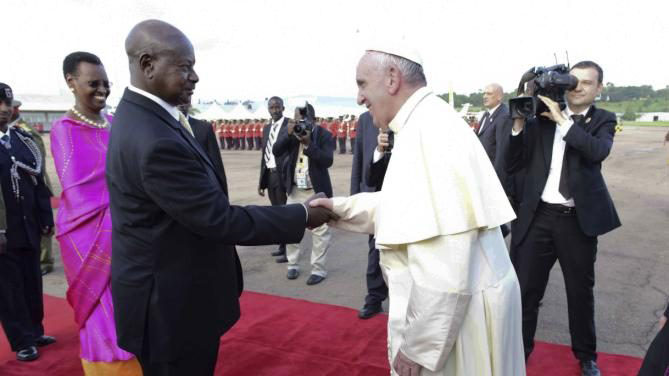The Association of Oil Marketers (Uganda) Limited, which comprises of more than 40 oil marketing companies, has lauded the intervention of the government of Uganda in streamlining the law on the taxation of international transportation.
In the same vein, the association has asked the government of Uganda for explicit confirmation that the Uganda Revenue Authority (“URA”) would not revisit previous periods.
In their letter to the Minister of Finance, Planning and Economic Development dated April 11, 2022, the oil marketers have welcomed government’s proposal to Parliament to amend the provisions of the Income Tax Act to emphasize that there is no withholding tax (“WHT”) due in Uganda on international transportation payments for the delivery of cargo, passengers or mail that is embarking outside of Uganda.
Early this year, the Oil Marketers had petitioned the Minister of Finance, Planning and Economic Development to intervene in their tax dispute with the URA over demands that they had to remit 15% withholding tax on all foreign transport payments that they had incurred over the years in importing fuel into Uganda.
This demand for tax came in at a time when the country was experiencing fuel supply constraints caused by transportation bottlenecks. The Oil Marketers had warned that insistent demand for tax on transportation charges incurred on importing fuel in Uganda would potentially escalate further fuel shortages in the country.
To ensure there are no further disputes with the URA, the oil companies have also now requested the government to issue a policy directive that will prevail upon the URA not to revisit past periods.
Denis Kakembo, Managing Partner at Cristal Advocates, the lawyers representing the Association of Oil Marketing Companies noted:
“Though the proposed clarification in the law is welcome, the business community has lingering fears that the URA may still seek to demand for tax on historical periods on the basis that the amendment in the law is only effective from 1st July 2022. This approach is untenable and would result in absurd and unintended economic consequences for Uganda’s economy.”
Kakembo added: “Despite the contention in the interpretation of the law as it has been, based on interaction with senior government officials, it is apparent that Uganda’s fiscal policy never envisaged taxing inbound international transportation commencing outside of Uganda.”

















